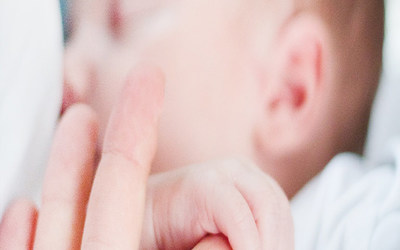- ALCOHOL
Alcohol passes into your blood and hence via the breast milk into the baby’s blood too. Your baby has an immature liver and hence is not able to process the alcohol as effectively as adults do. It stays longer in the baby’s blood and the baby’s brain is more susceptible to the effects of alcohol too. Hence your baby may become drowsy or difficult to arouse after feeding within 3 hours of consumption of alcohol by the mother. These babies are known to consume lesser milk too.In cases of prolonged alcohol intake by the mother, the brain development of the baby is also likely to be affected.Alcohol also inhibits your milk letdown reflex. It is harmful for your baby to sleep in the same bed as you if you are under the influence of alcohol. It is advisable to avoid alcohol intake especially while exclusively breastfeeding. It is wise to pump and discard milk or avoid breastfeeding for atleast 2-3 hours post an alcoholic drink to minimize transfer to your baby. The peak level reaches by about 1-11/2 hours but may vary from person to person. It also depends on amount of alcohol consumed and the body weight, fat levels of the mother, food consumed and her liver metabolism.
How much is too much?
The American Academy of Pediatrics Section on Breastfeeding notes: “ingestion of alcoholic beverages should be minimized and limited to an occasional intake but no more than 0.5 g alcohol per kg body weight, which for a 60 kg mother is approximately 2 oz liquor, 8 oz wine, or 2 beers”.
- CAFFEINE
It is generally safe to have your regular cup of tea or coffee. Experts recommend a maximum intake of 300 mg per day. Too much caffeine can cause irritability,fussiness and difficulty in sleeping in the baby. Try to limit your intake to 2-3 cups per day. Newborn babies take hours to get rid of the caffeine in the blood, beyond 3-6 months of age the metabolism improves allowing for faster clearing of caffeine from the blood.Go for milk based coffees rather than strong or black coffees. Apart from coffee and tea, remember other caffeine containing beverages are cold drinks,colas, energy drinks, chocolates,etc.
- FISH
Fish are a much needed source of omega-3 fatty acids which are a precursor to DHA : essential for your baby’s brain development. However certain fish are high in mercury content and may be harmful for the baby. High mercury levels hamper brain development and may affect language and memory skills. Swordfish, shark, king mackerel, sea bass and tuna are high in mercury content and hence better to avoid them.
- DAIRY
Dairy foods provide a good source of calcium and proteins to the breastfeeding mother. Only if there is a strong possibility of cow milk protein allergy and severe eczema in the baby; your doctor may give a trial of eliminating dairy products in the mother.
- NUTS
If there is a strong family history of proven peanut allergy, which is quite uncommon in India, one needs to avoid consumption of peanuts and other tree nuts.
- SUSHI
Raw seafood of unsafe origin may cause listeria infections and are to be consumed with great caution.
- SOFT CHEESES
These are made from raw unpasteurized milk and carry a risk of listeriosis in the mother.

